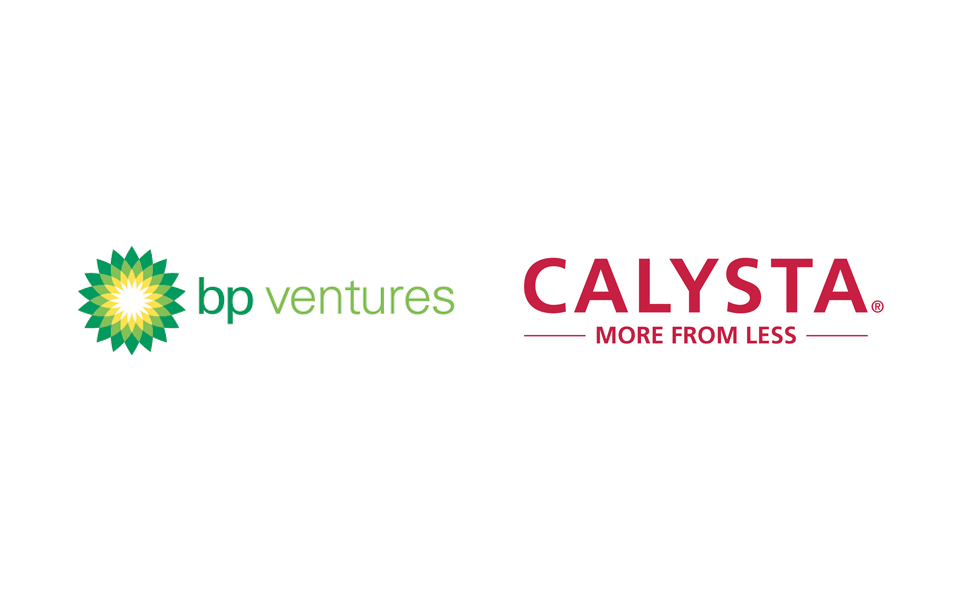Leading alternative protein producer Calysta today announced a $30 million investment from BP Ventures to support a worldwide rollout of Calysta’s FeedKind® protein, which can help improve global food security, one of the greatest challenges facing the world today.
The investment will help Calysta expand production of its sustainable single-cell protein, which is produced through a proprietary, commercially-validated gas fermentation process using naturally occurring, non-GM microbes with the unique ability to use methane as their energy source. Through extensive customer trials around the world, FeedKind protein has been demonstrated to be an effective, safe and nutritious feed ingredient.
“Welcoming BP as a partner is a tremendous step forward for FeedKind protein and the best indicator yet that Calysta’s solution to food insecurity in a resource-constrained world can and will achieve global scale,” said Alan Shaw, Ph.D., Calysta President and CEO.
“The problems facing our food production supply chains have never been more clear, with increasing evidence that land and water scarcity are key challenges to meeting future demand for protein. FeedKind makes more from less, producing feed for livestock, fish and pets while making smarter use of our resources.
“We look forward to working closely with BP as we prepare to deliver this product to the world. Calysta will benefit from BP’s operational excellence and focus on safety when deploying multiple production plants.”
The investment agreement will also see BP and Calysta establish a strategic partnership around gas and power supply.
Meghan Sharp, Managing Director, BP Ventures added: “We are really excited to be working with the team at Calysta, bringing them into the BP Ventures family as we seek new commercial opportunities for our gas business. Their technology complements our core business while providing opportunities for sustainable products for tomorrow.”
Calysta’s patented, state-of-the-art fermentation process uses no arable land and very little water, and does not compete with the human food chain, meaning more food can be produced with less resources. In aquaculture, Calysta’s initial market opportunity, FeedKind is seen as a key enabler for growth by reducing reliance on conventional sources of proteins.
As the global population grows from 7 billion in 2010 to a projected 9.8 billion in 2050, and incomes grow across the developing world, overall food demand is on course to increase by more than 50 percent, and demand for animal-based foods by nearly 70 percent. FeedKind protein can help achieve a sustainable food future by meeting the growing demands for food while avoiding deforestation and allowing the restoration of abandoned and unproductive land.
FeedKind is already being produced from the company’s Market Introduction Facility (MIF) in Teesside, England to support market development activities with leading animal nutrition companies around the world.
Back to journal